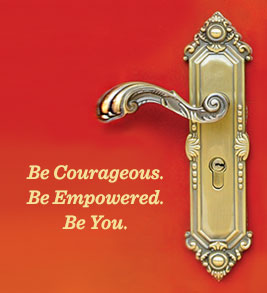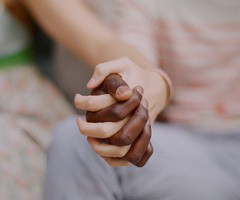Drinking in a relationship isn’t always an issue. Sometimes both people drink responsibly and there aren’t any problems. When it does become a problem is when one person drinks a lot more than their partner. It can be very frustrating when the one you love loves to drink and party with their friends every weekend.
I’ve worked with several students who started out in a relationship with both of them drinking a lot at first. Unfortunately, we all know drinking is very common in college. You may have even met your boyfriend or girlfriend at a party while drinking. However, as the relationship progresses and you look towards graduation some students start to feel like their relationship is pulling apart. I’ve had students tell me they feel like they are moving past the party scene in their lives, but don’t think their boyfriend or girlfriend is. Every weekend is still devoted to going out to a party and drinking until their partner passes out. Then they have to take care of them and get them home safe.
This can cause a lot of stress on the relationship. Most people know that you can’t change someone else. But what if you change and your partner doesn’t? What do you do? You love them. When you spend time together during the week not drinking you are convinced this is the person you want to spend the rest of your life with. But when it comes to them being drunk on Friday and Saturday night again, you aren’t so sure. It also doesn’t help that arguments start a lot more frequently when one or both people have been drinking. Then Sunday is spent waiting for them to stop feeling hung over so you can talk about what happened over the weekend.
It is the same old discussion over and over. They either tell you to get over it and you do, or they realize you are about to walk out on them and they apologize. They may even agree to drink less or spend one night on the weekend with you alone not drinking. This may happen a couple of times but as soon as their friends call and persuade them to come to the next party, you are pushed to second place again. Trust me, it isn’t an easy place to be in a relationship.
The choices aren’t easy. They never are. I’m not accusing your boyfriend or girlfriend of being an alcoholic. But anyone who has grown up with an alcoholic knows the excuses and the repeat pattern of behaviors. It also happens in relationships well before couples get married. Often in college it is hard to tell who will be the ones who go on to drink heavily for the rest of their lives and who will stop partying once they graduate and get a full time job. A lot of young couples in college are hoping their boyfriend or girlfriend is going to be in the latter category.
You may be one of those people hoping your partner may change once college is over so you continue to give them a chance when they put alcohol before you now. It is hard to know what the future will bring. For some of you, waiting may pay off. Your partner may grow up, mature and alcohol won’t be an issue. For some of you, waiting is going to only make things worse. You will continue to grow more resentful. Unless you decide to love them as is and accept the drinking. Just know they won’t be able to stop because you want them to. They will need some internal motivation to want to stop on their own. Some people do grow out of the college party mode and others don’t.
Time will tell. No one knows what’s going to happen in the future. However, some patterns become very predictable. If your partner loves to party and has a huge group of friends who condone that lifestyle, it may be harder for them to settle down. Unfortunately lots of people continue to drink heavily even when they get into a career and have a family. Especially if they have someone who is always there to help them clean up their messes.
I know you can love someone so much that you just want to make it work any way you can. There are truly selfless people out there that handle being second best to alcohol or friends. Just ask Gene Simmons of the band, KISS. His wife put up with A LOT for many years. She finally put her foot down and Gene has changed his ways. Gene is also in his 60’s and she has been living with him cheating and drinking for almost 30 years. It can be done, but know that you don’t have to always put someone else first. There is nothing wrong with admitting that you can’t be with someone who puts alcohol or their friends first. You do deserve someone who can give you what you need.
It is one of the toughest decisions you will make. It won’t be easy to know what the best option is. I know I’ve said this before, but your level of pain tolerance is what is going to ultimately decide for you. Either your boyfriend or girlfriend does settle down, or they will put you through a lot of pain. When the pain becomes too much then you’ll know when the relationship has crossed the line of no return. It really sucks to be put in this position. You also aren’t stupid for trying to make it work. The person you love is in there, they just also love alcohol. Unfortunately things like alcohol and drugs make people blind to priorities. Only you know whether it is worth it to wait it out or not. Also know that it isn’t a waste of time to wait. Whatever happens you will survive it, and this relationship will go on to shape who you become. Hopefully no matter what, you come out stronger and smarter.
If you need someone to talk to, Mark Williams, in the Alcohol and Other Drug Program can be a great resource if someone you know and love is having difficulties with alcohol. If you are a VSU student, you can make an appointment to meet with him at any time. His contact information is 229-259-5111.




















